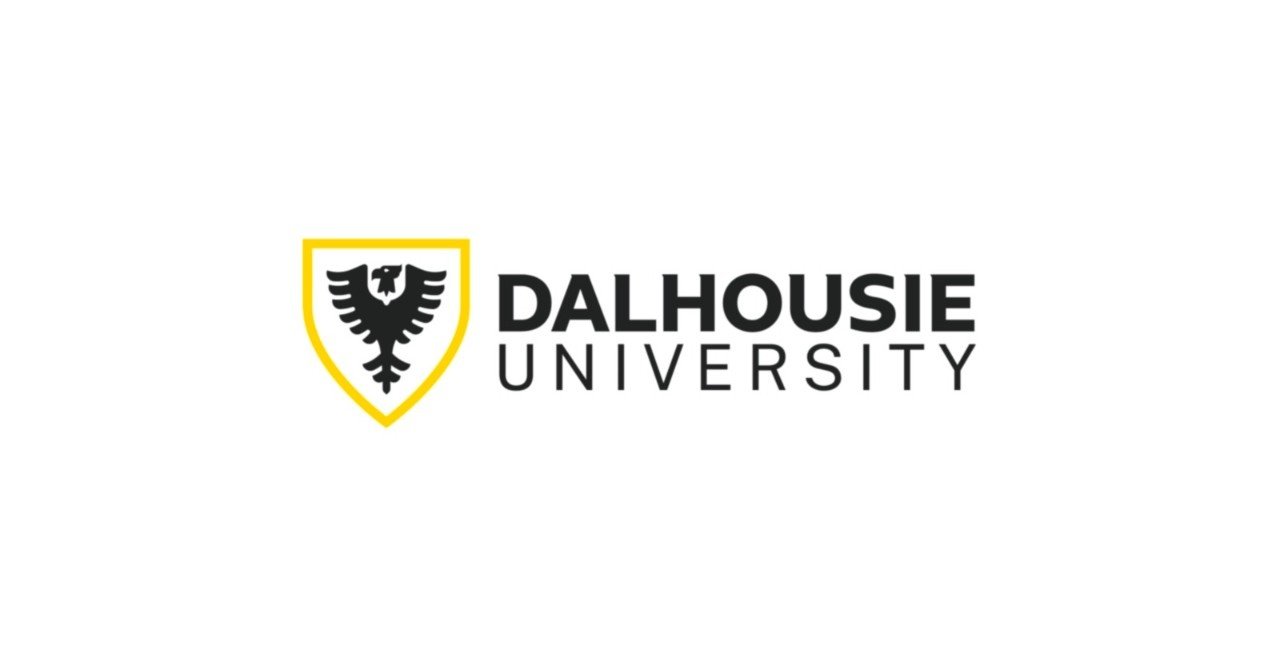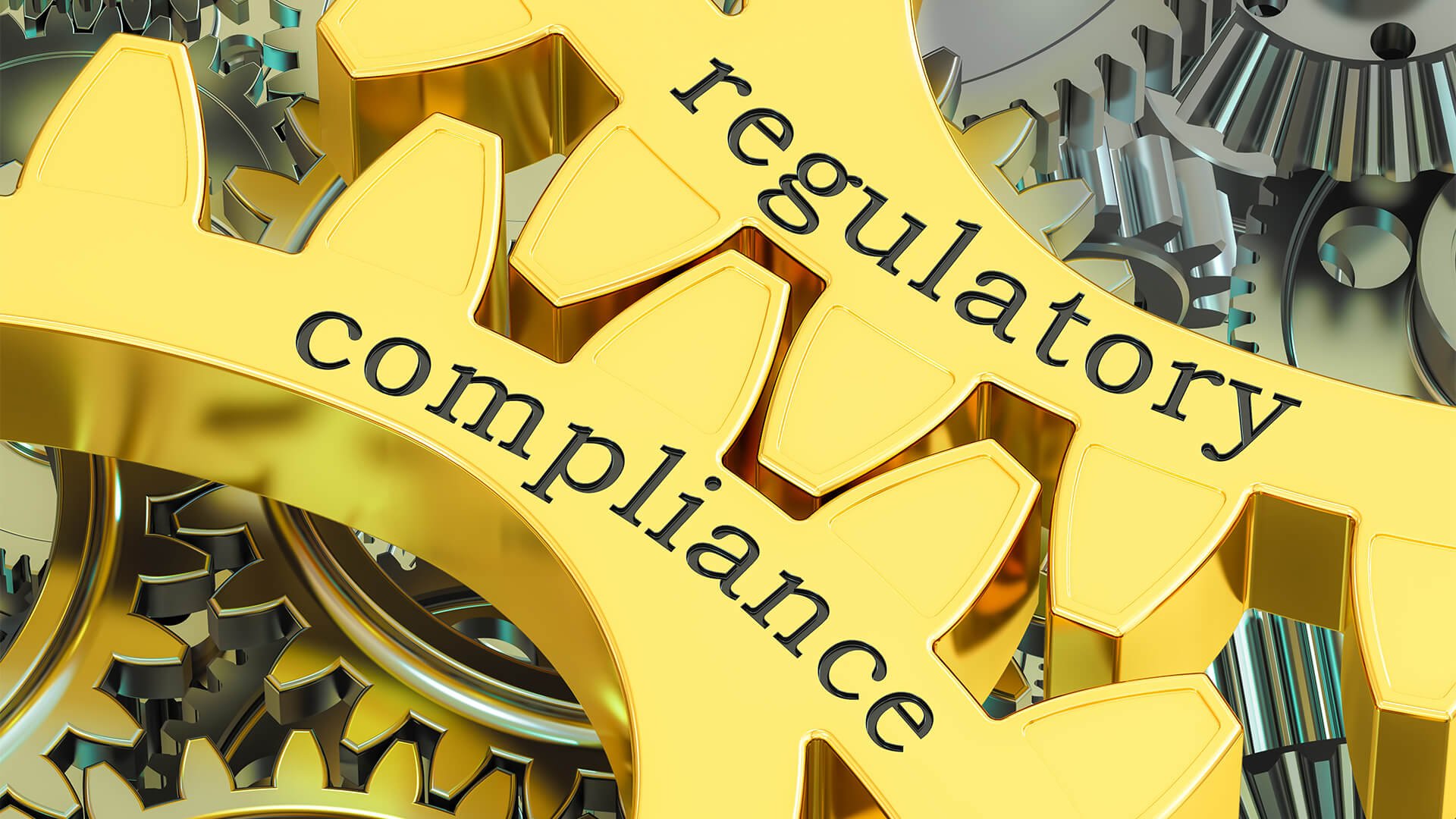



The Impact of Financial Crime on Global Economies
Financial crime, a pervasive and intricate phenomenon, casts a shadow over economies worldwide. Encompassing a web of illicit activities such as money laundering, fraud, corruption, tax evasion, and more, it resonates far beyond immediate financial losses. In this article, we delve into the multifaceted impact of financial crime on global economies, dissecting how it disrupts financial systems, erodes trust, stifles economic growth, and necessitates stringent regulatory measures.

Advanced Certificate in Risk Management and Assessment
Risk management is the process of identifying, assessing, and mitigating potential risks to an organization. This can include financial risks, operational risks, legal risks, reputational risks, and other types of risks that may impact an organization's ability to achieve its objectives.
Effective risk management involves the implementation of policies and procedures to identify and evaluate potential risks, as well as strategies to mitigate or avoid these risks. This can include the use of risk assessment tools and methodologies, as well as the implementation of controls and procedures to manage identified risks.

AML and Terrorist Financing Certificate
Anti-Money Laundering (AML) refers to a set of laws, regulations, and procedures designed to prevent criminals from disguising the proceeds of their illicit activities as legitimate income. Money laundering is a process that involves the conversion of "dirty" money, obtained through criminal activities such as drug trafficking, fraud, and corruption, into "clean" money that appears to have been obtained through legal means.
Terrorism financing refers to the practice of providing financial support or resources to individuals or groups engaged in terrorist activities. This support can come in many forms, including cash, goods, or services, and can be provided by individuals, organizations, or governments.

Bribery and Corruption Certificate
Bribery and corruption refers to the practice of offering or accepting something of value, such as money or gifts, in exchange for influence or favors. Bribery and corruption can occur in any industry or sector, and can be committed by individuals, organizations, or even governments.

Fraud Certificate
Fraud refers to intentional deception or misrepresentation made for personal gain or to cause harm to others. Fraud can take many forms, including financial fraud, identity theft, insurance fraud, and healthcare fraud. It can be committed by individuals, organizations, or even governments.

Information Security Certificate
Information security refers to the protection of digital information and systems from unauthorized access, use, disclosure, disruption, modification, or destruction. This includes a wide range of assets, such as computer systems, networks, databases, applications, and other electronic devices.
The importance of information security has grown significantly in recent years, as more and more organizations rely on digital information and systems to conduct their business. Cyberattacks and data breaches have become increasingly common, and can have serious consequences for organizations and individuals, including financial losses, reputational damage, and legal liability.

Leadership and Ethics Certificate
Leadership can be defined as the art of influencing and motivating individuals or groups to accomplish a common goal. Leadership can be found in various areas, including business, politics, sports, and community organizations. Leaders are responsible for guiding and directing others towards a specific objective, and they must have certain characteristics to succeed.



Newcomers to Canada - Entering the Canadian AML / Financial Crime Marketplace
This article originally appeared as a series aimed at helping newcomers to Canada acclimate to the Canadian Financial Crime marketplace.

Canadian Financial Crime Professional (CFCP)
Designed specifically for the Canadian professional.
430 page Study Guide. 18 hours of video content on Financial and White Collar Crime. 7.5 hours of video content on Financial Crime Investigation and Report Writing. 4 hours of video content on Ethics and Leadership

Introduction to Information Security
Information security refers to the protection of digital information and systems from unauthorized access, use, disclosure, disruption, modification, or destruction. This includes a wide range of assets, such as computer systems, networks, databases, applications, and other electronic devices.

Introduction to Cryptocurrency
Cryptocurrency refers to a type of digital currency that uses cryptography to secure and verify transactions, as well as to control the creation of new units. Cryptocurrencies are decentralized, meaning they are not controlled by any central authority or government, and operate on a peer-to-peer network.

Introduction to Arts & Antiques financial crime
Theft is one of the most common forms of arts and antiquities crime. Artworks and antiques are often stolen from museums, galleries, and private collections, either for personal use or for resale on the black market. This can involve breaking and entering, as well as more sophisticated thefts involving insider knowledge or the use of forgeries.

Introduction to Governance and Risk Management
Governance and risk management are two critical aspects of organizational management that are designed to ensure that organizations operate in a responsible and ethical manner while minimizing the impact of potential risks.
Governance refers to the systems and processes by which an organization is directed and controlled. Effective governance requires clear policies and procedures, as well as oversight and accountability mechanisms to ensure that these policies are followed. Good governance also requires transparency and communication, both within the organization and with external stakeholders.

Introduction to Sanctions
Sanctions are measures imposed by governments or international organizations against a country, organization, or individual in response to behavior deemed unacceptable or illegal. Sanctions can be economic, political, or diplomatic in nature and are intended to apply pressure in order to change the targeted entity's behavior.

Introduction to Fraud
Fraud refers to intentional deception or misrepresentation made for personal gain or to cause harm to others. Fraud can take many forms, including financial fraud, identity theft, insurance fraud, and healthcare fraud. It can be committed by individuals, organizations, or even governments.
